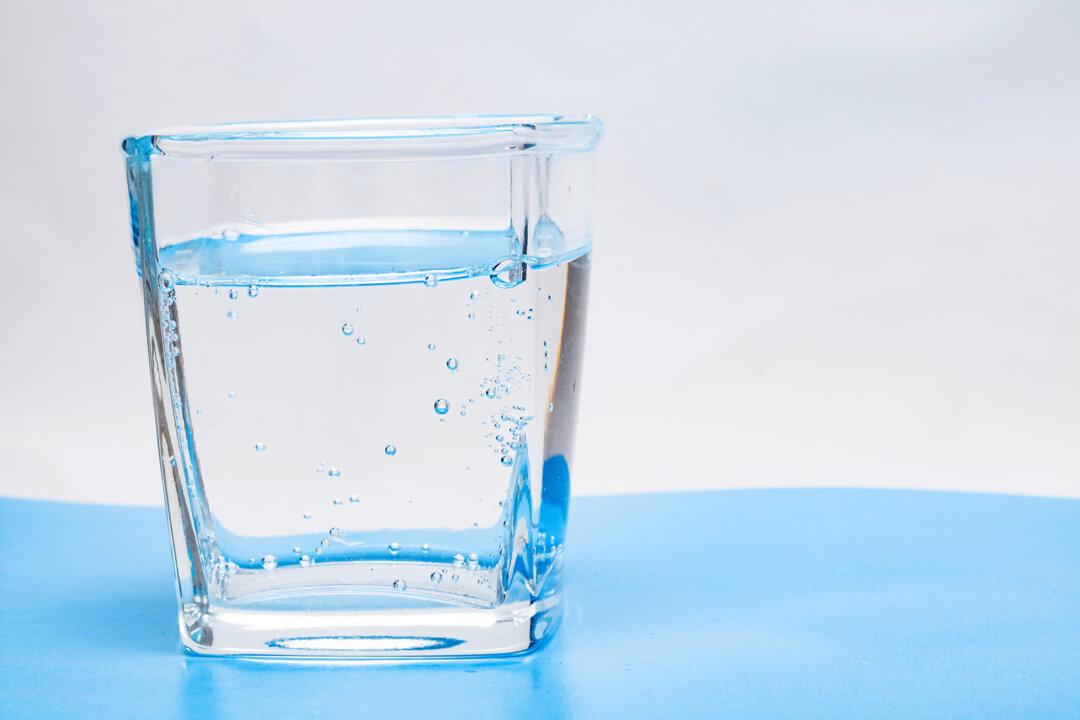A large study has found that adults who don’t drink enough fluids daily—six to nine cups for women or eight to 12 cups for men—were more likely to develop chronic conditions, show signs of aging, and were more likely to die at a younger age.
Published on Jan. 2, the longitudinal study evaluated 11,255 adults over a 30-year period.





